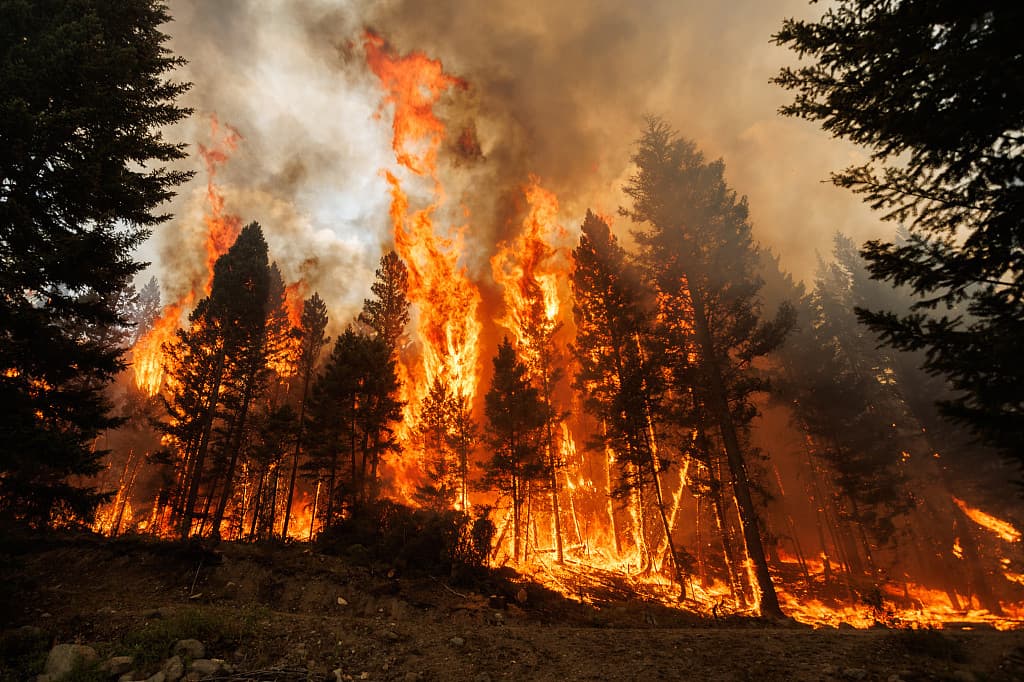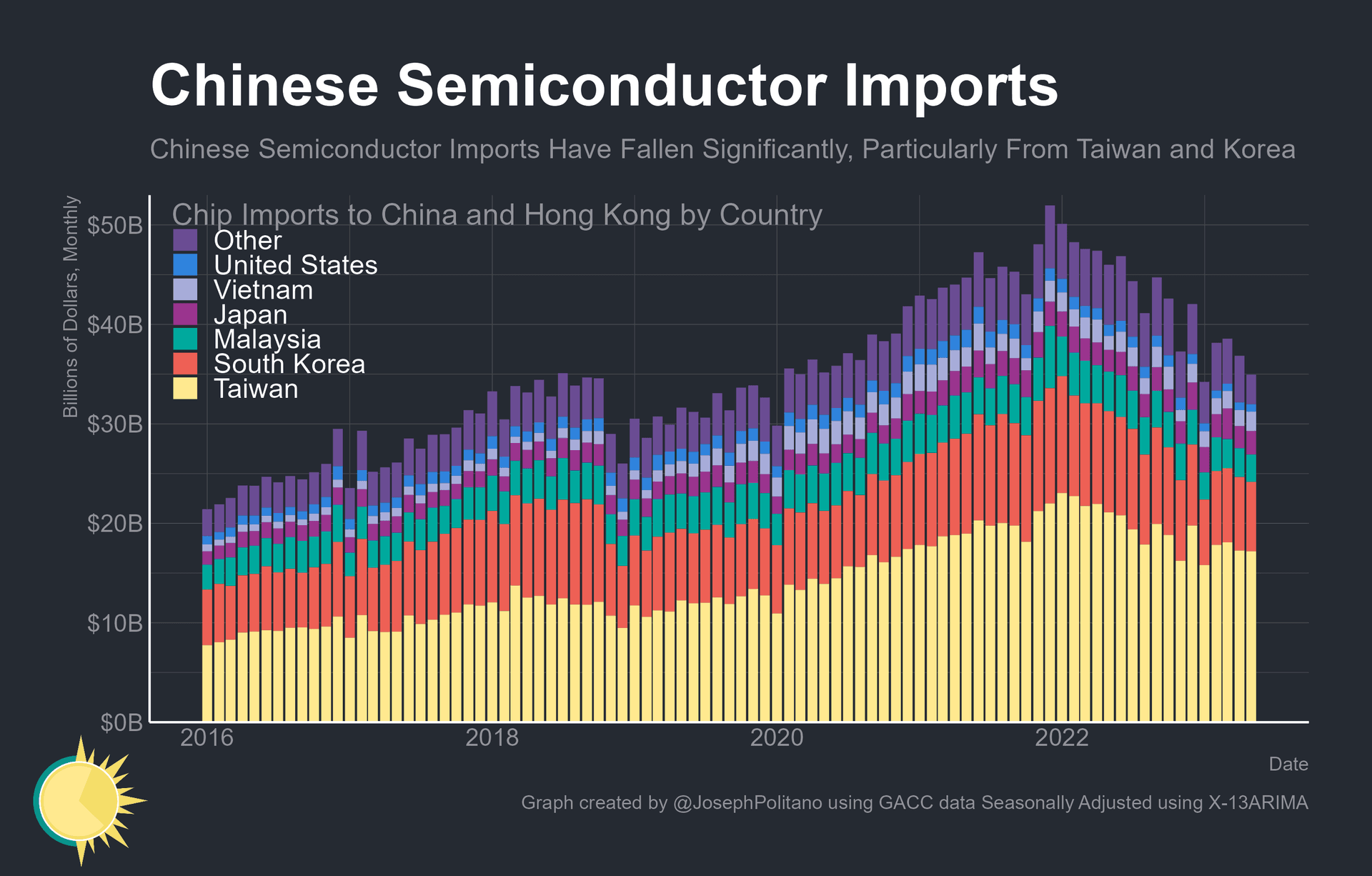PacifiCorp, Berkshire Hathaway Unit, Pays $150 Million Over Oregon Fires
PacifiCorp agreed to a $150 million settlement with 1,434 plaintiffs who said the company’s equipment started the 2020 Labor Day wildfires in Oregon, a move that pushes the utility’s related payouts toward roughly $1.7 billion. The accord reduces near term legal exposure but leaves the company facing tens of billions in outstanding claims and government suits, raising fresh questions about liquidity and credit risk for the Berkshire Hathaway unit.

PacifiCorp, a utility owned by Berkshire Hathaway, said on November 19, 2025 that it reached a $150 million settlement with 1,434 plaintiffs who alleged the company’s equipment sparked the Labor Day wildfires in Oregon in 2020. The agreement brings PacifiCorp’s total payouts and resolutions tied to those fires to about $1.7 billion, the company said, though it cautioned that significant litigation remains unresolved.
The settlement offers a measure of closure for a tranche of claimants, but it comes against a backdrop of far larger exposure. PacifiCorp still faces tens of billions of dollars in outstanding claims and government suits seeking environmental damages from the fires. The company has previously set aside billions for litigation and has warned that an accelerated trial schedule could strain liquidity and threaten its investment grade credit status.
Analysts said the latest settlement reduces uncertainty in the immediate term, but leaves material tail risk on PacifiCorp’s balance sheet. Utilities confronted with large wildfire liabilities often have to increase legal reserves, refinance debt under duress, or seek rate relief from regulators to shore up finances. For PacifiCorp, which operates across multiple western states, the combination of large potential payouts and an aggressive trial timetable heightens the risk of cash flow pressure in the coming quarters.
The 2020 Labor Day wildfires were among the most destructive in Oregon history and prompted a wave of litigation against utilities nationwide. PacifiCorp’s settlement program and related agreements, including insurance recoveries and negotiated payments, have tallied to about $1.7 billion to date. That figure, while substantial, represents only a fraction of the total outstanding claim estimates that plaintiffs and government agencies are pursuing.
Berkshire Hathaway, PacifiCorp’s parent, has substantial capital resources, but insurers and credit rating agencies closely monitor utility liabilities because of the potential for rapid deterioration in liquidity if large judgments are entered or multiple trials proceed concurrently. PacifiCorp has informed regulators and creditors that an accelerated schedule of jury trials and damage hearings could force it to draw on liquidity facilities or alter planned financing, moves that could increase borrowing costs and complicate capital allocation across the parent company’s portfolio.
The settlement also underscores broader policy questions about utility responsibility, infrastructure investment, and cost allocation. Regulators will face pressure to weigh whether customers should bear some of the costs through higher rates or whether utilities should absorb the majority of payouts as part of operating risk. The decisions will have implications for electric rates, utility capital plans, and the pace of grid hardening investments intended to reduce fire risk.
Looking ahead, the litigation calendar remains crowded. Additional trials and government suits could produce outcomes well beyond current reserves, prolonging legal uncertainty for PacifiCorp and its stakeholders. For policymakers and investors, the case highlights the growing financial intersection of extreme weather, infrastructure failure allegations, and the need for clearer frameworks to manage systemic wildfire liability in the utility sector.


